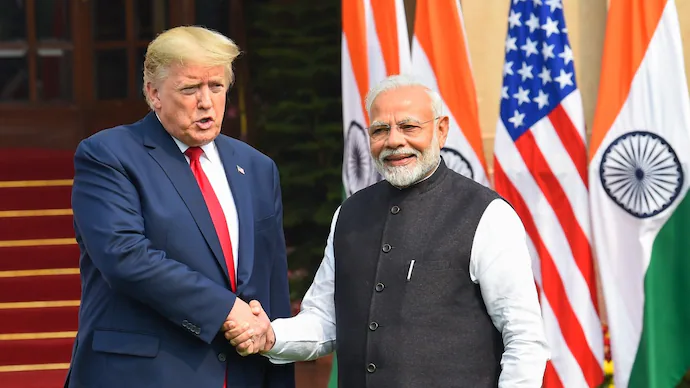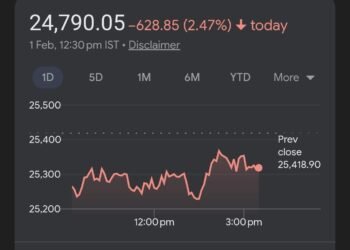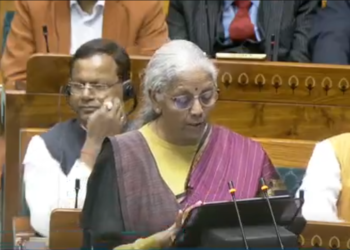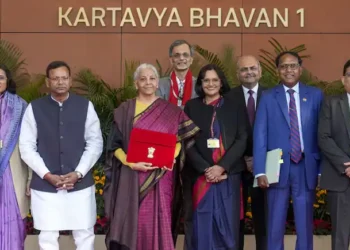By stressing “energy security,” New Delhi signalled it may not entirely abandon Russian oil, countering Trump’s assertion of a complete halt in purchases.
By PC Bureau
India on Wednesday responded cautiously to U.S. President Donald Trump’s claim that Prime Minister Narendra Modi had assured him that India would halt the purchase of Russian oil, reiterating that its energy policy is guided solely by national interest and the principle of energy security.
“India is a significant importer of oil and gas. It has been our consistent priority to safeguard the interests of the Indian consumer in a volatile energy scenario. Our import policies are guided entirely by this objective,” said Ministry of External Affairs spokesperson Randhir Jaiswal.
“Ensuring stable energy prices and secured supplies have been the twin goals of our energy policy. This includes broad-basing our energy sourcing and diversifying as appropriate to meet market conditions,” he added.
New Delhi stopped short of confirming or contradicting Trump’s statements, but observers feel that by stressing “energy security,” India has tried to convey that it would not entirely abandon Russian oil purchases, as claimed by the U.S. President.
READ: Trump Says PM Modi Assured India Will Halt Russian Oil Imports
READ: Modi ‘Frightened’ of Trump? Rahul Gandhi Slams PM for Capitulation on Russian Oil
For years, India has invoked “energy security” as the rationale for continuing oil imports from Russia, especially since the Ukraine war disrupted global supply chains and triggered price shocks. Russian crude—often available at discounted rates—has helped India manage domestic fuel prices and maintain strategic autonomy. By reaffirming this principle now, New Delhi appears to subtly counter Trump’s assertion without direct confrontation.
Our response to media queries on comments on India’s energy sourcing⬇️
🔗 https://t.co/BTFl2HQUab pic.twitter.com/r76rjJuC7A— Randhir Jaiswal (@MEAIndia) October 16, 2025
Trump had earlier told reporters at the White House that Modi had “assured” him India would stop buying Russian oil. “He’s assured me there will be no oil purchased from Russia,” Trump said, calling Modi “a great man” and “a friend.” He added that the shift “would take some time” but described it as a step to choke off Russia’s war funding.
The remarks triggered an immediate political storm in India. Congress leader Rahul Gandhi accused Prime Minister Modi of capitulating to U.S. pressure, calling him “frightened” of Trump.
“The Prime Minister talks about ‘Bharat’s self-reliance,’ but bends when Trump raises his voice. Is this the so-called 56-inch chest?” Gandhi posted on X (formerly Twitter), suggesting that Modi’s silence reflected weakness rather than strategy.
Officials, however, maintained that India’s decisions are driven by economic necessity, not external influence. “Where the U.S. is concerned, we have for many years sought to expand our energy procurement. This has steadily progressed in the last decade,” Jaiswal said. “The current Administration has shown interest in deepening energy cooperation with India. Discussions are ongoing.”
By emphasizing energy security, New Delhi reaffirmed that its oil diplomacy remains anchored in pragmatic economics—balancing strategic autonomy with evolving global partnerships.













